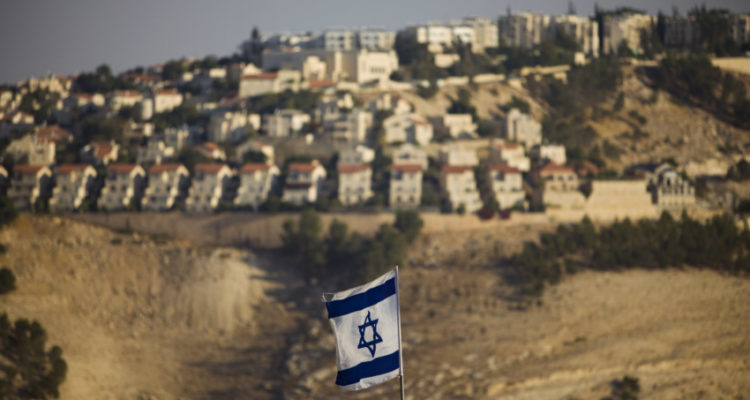In parallel, the Civil Administration’s Supreme Planning Council is approving 4,500 new units at its meeting Sunday.
By Batya Jerenberg, World Israel News
The government is set to approve a move that will drastically shorten the approval time necessary to build new housing in Judea and Samaria, Kan News reported Sunday.
The decision at Sunday’s cabinet meeting will reduce the number of stages in the planning process by two-thirds, from six stages to only two, which is expected to take years off the process. This is because the steps that will be eliminated are the requirements to pass building plans separately through both the defense minister’s and prime minister’s offices at two points in time – the deposit stage and validation stage.
The political echelon has stymied construction often over the years, in response to pressure by outside actors such as the United States and European Union.
In future, the only necessary approval will be that of Bezalel Smotrich, the finance minister and special minister in the Defense Ministry who, at his insistence during coalition negotiations, was put in charge of the Civil Administration, which regulates building in the disputed region, among other functions.
Smotrich, who is the head of the Religious Zionist party, has pushed for massive building in Judea and Samaria throughout his political career.
Beit El council head Shai Alon was delighted with the news.
Calling it “a historic and Zionist decision,” he said that it would “create a significant construction boom in the area… and finally bring about a proper solution for young couples and housing seekers in the area after many years.”
“I welcome the decision that will lead to additional construction and a great supply, thereby also lowering housing prices and balancing the market as required,” he added. “Settlement in Judea and Samaria is not the state’s backyard, but rather our Zionist and national spearhead, and this is proven by this significant decision.”
In another sign that housing policy for Judea and Samaria has changed, the Civil Administration’s Supreme Planning Council will be approve on Sunday 4,570 new units throughout the region at its quarterly meeting, according to its published agenda. Some 1,300 units will receive final approval, and the rest will advance to the next stage in the bureaucratic process.
“The construction boom in Judea and Samaria and in all parts of our country continues,” Smotrich said in applauding the meeting. “As we promised, today we are advancing the construction of thousands more new units in Judea and Samaria.
“Judea and Samaria residents are ceasing to be second-class citizens, and the natural development in settlements is being reflected in construction and expansion.”
The approvals come after over 7,000 units were approved in February. In a tweet, reporter Carmel Dangor of Kan noted that “since Smotrich entered the Ministry of Defense, more housing units have been approved than in a whole year until now.”
The announcement of the upcoming housing approvals had been made last week, after Jerusalem notified the White House so that the U.S. administration would not feel blindsided by the move. President Joe Biden has never made a secret of the fact that he haa been against settlement expansion in Judea and Samaria since the beginning of this political career decades ago.
When asked about the report last Monday, U.S. National Security Council spokesman John Kirby repeated that sentiment, saying, “We have long made clear our concerns about additional settlements in the West Bank, that we don’t want to see actions taken that are going to make a two-state solution that much more difficult to achieve.”
In what could be seen as a move to somewhat mollify the Americans, Israel told the White House last week that it would postpone yet again a hearing on building in the E1 zone between Maale Adumim and Jerusalem. This is an area to the east of the capital considered crucial by right-wingers to prevent the contiguity of the Palestinian Authority, which is why the global community has pressured Israel for decades not to build there.




